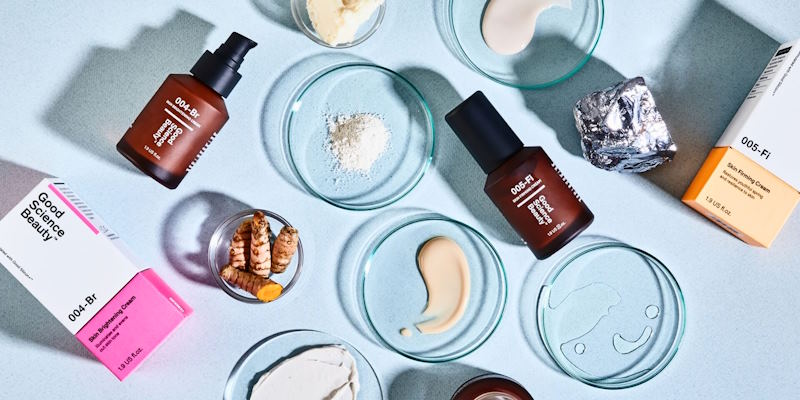Skincare is a multi-billion-dollar industry, with countless products promising to transform our skin. However, to make informed decisions about skincare, it’s essential to understand the science behind it. In this article, we will delve into the fundamentals of skincare, exploring the structure of the skin, key ingredients, and the science-backed principles for maintaining healthy and radiant skin. So get ready to demystify skincare and elevate your skincare routine with scientific knowledge.
The Structure of the Skin
Before diving into skincare, let’s explore the skin structure, our body’s largest organ. The skin has three primary layers:
Epidermis
The outermost layer of the skin is the epidermis. It acts as a protective barrier against environmental factors, regulates moisture, and houses melanocytes responsible for skin pigmentation.
Dermis
The dermis lies beneath the epidermis and contains blood vessels, nerves, hair follicles, sweat glands, and collagen and elastin fibers, which provide strength and elasticity.
Hypodermis
The hypodermis, the subcutaneous tissue, is the deepest layer. It consists of fat cells that provide insulation and cushioning.
Understanding the skin’s structure helps us comprehend how skincare products and ingredients work to target specific concerns.

Key Ingredients in Skincare
Skincare products often feature a range of ingredients that target various skin concerns. Here are some key ingredients backed by scientific research:
| Ingredient | Benefits |
| Retinoids | Promotes cellular turnover, stimulates collagen production, reduces fine lines |
| Hyaluronic Acid | Hydrates and plumps the skin, reduces the appearance of fine lines and wrinkles |
| Vitamin C | Protects against free radicals, aids in collagen synthesis, brightens the skin |
| Niacinamide | Strengthens the skin barrier, regulates oil production, minimizes pores and evens tone |
Scientific Principles for Healthy Skin
To maintain healthy and radiant skin, it’s important to follow scientifically supported principles:
Sun Protection
Protecting your skin from harmful UV rays is crucial. Use a broad-spectrum sunscreen with an SPF of 30 or higher daily, seek shade when the sun is strongest, and wear protective clothing and accessories.
Gentle Cleansing
Use a gentle cleanser that maintains the skin’s pH and doesn’t strip away natural oils. Avoid harsh scrubbing, as it can disrupt the skin barrier.
Moisturization
Moisturizers help maintain skin hydration and prevent water loss. To lock in moisture, look for ingredients like ceramides, glycerin, and hyaluronic acid.
Consistent Skincare Routine
Consistency is key when it comes to skincare. Establish a routine that includes cleansing, moisturizing, and targeted treatments, and stick to it.
Understanding skincare science empowers us to make informed choices for healthy and radiant skin. By grasping the skin’s structure, familiarizing ourselves with key ingredients, and following scientific principles, we can elevate our skincare routines and achieve optimal results. Remember, skincare is a journey, and with scientific knowledge as our guide, we can unlock the secrets to maintaining healthy, glowing skin for years to come.
